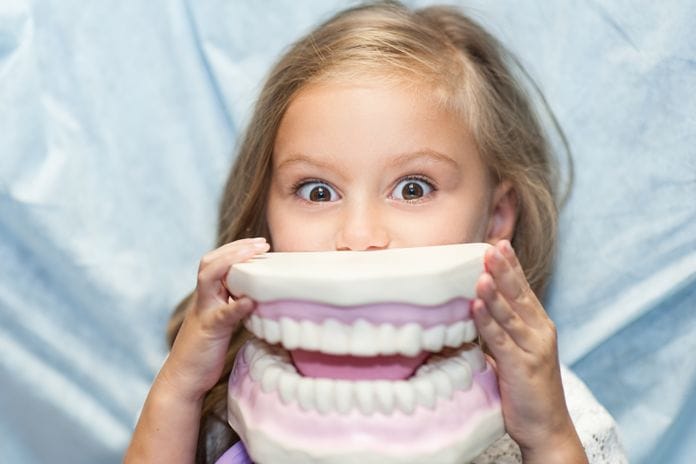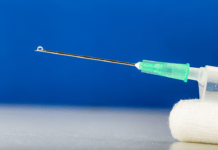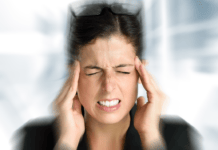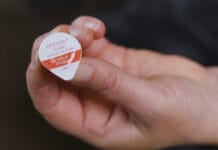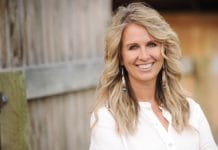My doctor wants to change the protocol in our office for the treatment of children. I’m concerned about the level of care associated with the change he wants to implement. He wants all children to be seen by a dental assistant (dental assistants are allowed to polish in my state with certification) instead of a dental hygienist. The hygienist will not be called in to scale if scaling is needed, nor will the doctor scale, so basically the child will get a polish, and that will be considered a “child prophy.” It is my understanding that polishing is only a cosmetic, not a therapeutic, procedure and should not be billed or considered a prophy. I’m very concerned that the level of care these children will receive will drastically drop without calculus being removed. Before I talk to my doctor about my concerns, I suppose I just need to know if my concerns are valid. Am a wrong to be concerned?
I do not feel you are wrong about your concerns at all. Several resources back up your understanding that polishing is a cosmetic, not a therapeutic, procedure. Here are a few:
Cosmetic or coronal polishing is defined as, “The process of achieving a smooth, mirror-like enamel or material surface that reflects light and is characterized as having a high luster; accomplished with fine to extra fine grit abrasive agent to that the surface scratches are smaller than the wavelength of visible light (<0.05µm).2”
“Superficial polishing – it is a term related to the polishing of the crown of the tooth. It is now considered as a cosmetic procedure with minimal therapeutic benefit3.”
“There is no evidence that supragingival scaling and coronal polishing have any therapeutic value1.”
To further back up your concerns, the ADHA’s Position Paper on the Oral Prophylaxis states, “Polishing procedures are considered cosmetic in nature and have no therapeutic value (Woodall 1993; Walsh 1995). With regard to the pedodontic oral prophylaxis, it is false to assume that coronal polishing alone constitutes preventive oral health care. As previously cited, three-quarters of children aged 13-17 have calculus (Brown, Brunelle, Kingman 1996).”
This Position Paper goes on to state, “It is negligent practice for a dental hygienist or dentist to provide, supervise or charge for the delivery of stand-alone polishing services while having patients/clients believe that they are receiving a thorough oral prophylaxis1.” The ADHA further states, “Therefore, the oral prophylaxis should not be provided by anyone other than a licensed dental hygienist or dentist who has the ability to employ all components of the dental hygiene process (assessment, diagnosis, planning, implementation, and evaluation). By allowing unlicensed and untrained personnel to perform dental hygiene services, the public is at risk for poor oral health care.1”
Lastly, to support your concerns, the ADHA’s Position Paper states, “Central to dental hygiene practice is the oral prophylaxis that includes removal of supra- and subgingival deposits from the tooth surfaces in order to restore and maintain oral health. Dental hygiene is a profession of complex competencies requiring the practitioner to apply knowledge and skills in making decisions about patient care. The dental hygienist receives extensive education and must pass a national cognitive examination and a state or regional clinical board in order to become licensed. In most states, dental hygienists must meet mandatory continuing education requirements for re-licensure. Allowing unlicensed individuals to perform dental hygiene services is placing the health of the public at risk.1”
Though calculus itself is not a cause of disease and infection, the possible tissue irritation and added surface area for virulent bacteria to adhere to calculus are. Because of this, I believe you are spot on regarding the lowered level of care your pediatric patients will receive without the removal of calculus. We try our hardest to make sure we don’t leave calculus on our adult patients, so why would we do any different for our pedo patients? Patients are not only paying for but expect their dental visit to keep them healthy, not lead to possible disease.
While not directly related to your question, this topic also brings up the necessity of pediatric offices to employ hygienists in addition to dental assistants. I feel dental assistants, with the proper training and certification, are perfectly capable of polishing (some may not agree). However, I strongly feel that scaling by a licensed dental hygienist is necessary for the highest standard of care.
Hopefully, this helps with your conversation with your doctor regarding his proposed change of protocol for pedo patients. Personally, I completely agree with your thinking and concern!
NOW READ: 10 Ways to Get Kids to Brush their Teeth and Have Fun Doing It
References
- American Dental Hygienists’ Association (1998). American Dental Hygienists’ Association Position Paper on the Oral Prophylaxis. Retrieved from https://drive.google.com/file/d/0BxZ3GkplnH16UV91Sm5NN28wYVE/view
- Darby, M. (2012). An Evidence-Based Approach to Cleansing and Polishing Teeth. The American Academy for Oral Systemic Health. Retrieved from https://aaosh.org/evidence-based-approach-cleansing-polishing-teeth/
- Sawai, M. A., Bhardwaj, A., Jafri, Z., Sultan, N., & Daing, A. (2015). Tooth polishing: The current status. Journal of Indian Society of Periodontology, 19(4), 375–380. http://doi.org/10.4103/0972-124X.154170. Retrieved from https://www.ncbi.nlm.nih.gov/pmc/articles/PMC4555792/

